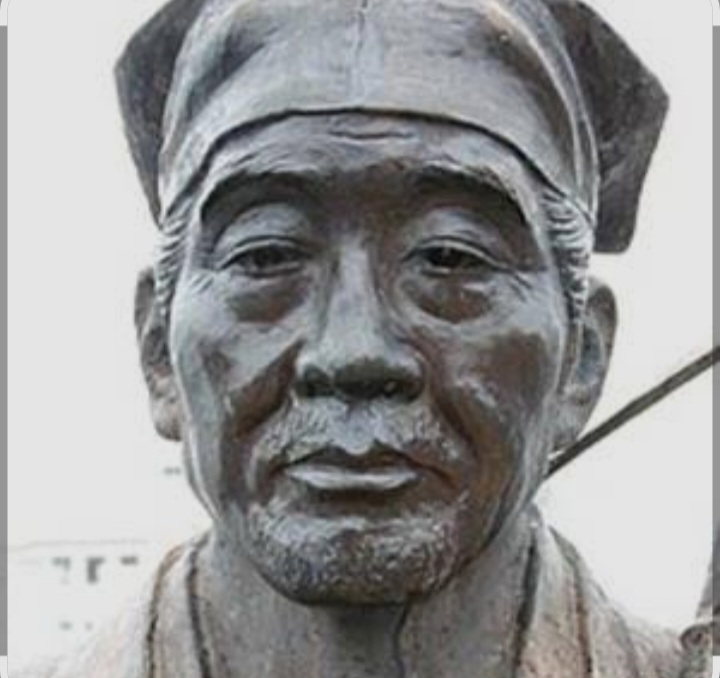For A Sea of Little Fires
In a world driven by noise, speed, and spectacle, Matsuo Basho offers a powerful lesson: that the deepest truths often whisper, rather than shout.
Born in 1644 in Japan’s Edo period, Basho is widely regarded as the master of haiku—the compact poetic form that captures fleeting moments in just 17 syllables. But his legacy extends far beyond poetry. He shaped a philosophy of mindfulness, nature, and artistic clarity that still resonates centuries later.
A Journey, Not a Destination
Basho didn’t stay confined to the literary salons of Edo (now Tokyo). He chose the open road, wandering through forests, mountains, and coastal towns with little more than ink, paper, and a straw hat. His journeys became spiritual pilgrimages, producing travelogues like The Narrow Road to the Deep North, where prose and poetry intertwine to reflect the rhythm of nature and the human soul.
This embrace of impermanence and observation mirrors many ideals we still chase today—authenticity, presence, and connection.
Why Basho Matters to Modern Creators
Basho’s genius wasn’t in inventing the haiku, but in elevating it—refining its minimalism to evoke vast landscapes of emotion and insight. His poems were rooted in experience, but open-ended enough to invite interpretation. In a way, Basho was one of the first “UX” designers of the literary world, thinking about how each word would land on the reader’s soul.
Today, creators and thinkers can learn from his discipline:
• Observe before expressing
• Say more with less
• Let the silence speak, too
An old silent pond—
A frog jumps into the pond—
Splash! Silence again.
This isn’t just about a frog. It’s about surprise, presence, nature, and stillness—condensed into a moment anyone can feel, even 400 years later.
A Flame in the Wilderness
Basho’s life was not one of acclaim or comfort. It was a path of wandering, witnessing, and surrender. Like Eduardo Galeano’s “people who carry fire,” Basho didn’t burn brightly in the center of attention—he burned quietly in the margins, where the wild things grow.
He turned his poetry into a practice of presence. A blade of grass could be holy. A birdcall, a sermon.
On a withered branch
A crow has alighted—
Nightfall in autumn.
His work shows us that poetry need not be loud to be revolutionary. A frog’s splash may matter more than a general’s speech.
The Basho Ethos: Less, but Infinite
Basho’s artistry followed three invisible threads:
• Simplicity — not reduction, but clarity
• Mindfulness — the gift of deep attention
• Emptiness — not absence, but space for the reader to enter
Summer grasses—
all that remains
of warriors’ dreams.
IdealHive readers—artists, seekers, and changemakers—may recognize in Basho a kindred spirit. He’s a gentle ancestor of minimalism, eco-poetics, contemplative practice, and creative integrity. He saw art not as performance, but as attunement.
More Sparks from Basho’s Fire
Clouds come from time to time—
and bring to men a chance to rest
from looking at the moon.
Even in Kyoto—
hearing the cuckoo’s cry,
I long for Kyoto.
A field of cotton—
as if the moon
had flowered.
Each haiku is a moment of devotion—a breath held, a truth glimpsed. And each one becomes a flame in the hands of a reader willing to slow down and receive it.
What Fire Are You Tending?
In this Sea of Little Fires, Basho’s is not the flashiest. But it may be one of the warmest. A fire for wanderers, monks, artists, thinkers. A fire for those who believe the sacred can live inside silence.
He reminds us that sometimes, the most radical thing we can do is pay attention. To one leaf. One crow. One moment.
What sparks are you carrying?
What silences do you still honor?
What haiku might be hiding in your day?
#MatsuoBasho #Haiku #IdealHive #ASeaOfLittleFires #Minimalism #PoetryOfPresence #WanderingPoet #JapanesePoetry #NatureKnows #MindfulArt #CreativeSimplicity #QuietRevolution #TheNarrowRoad #ArtAsPractice
|
|

